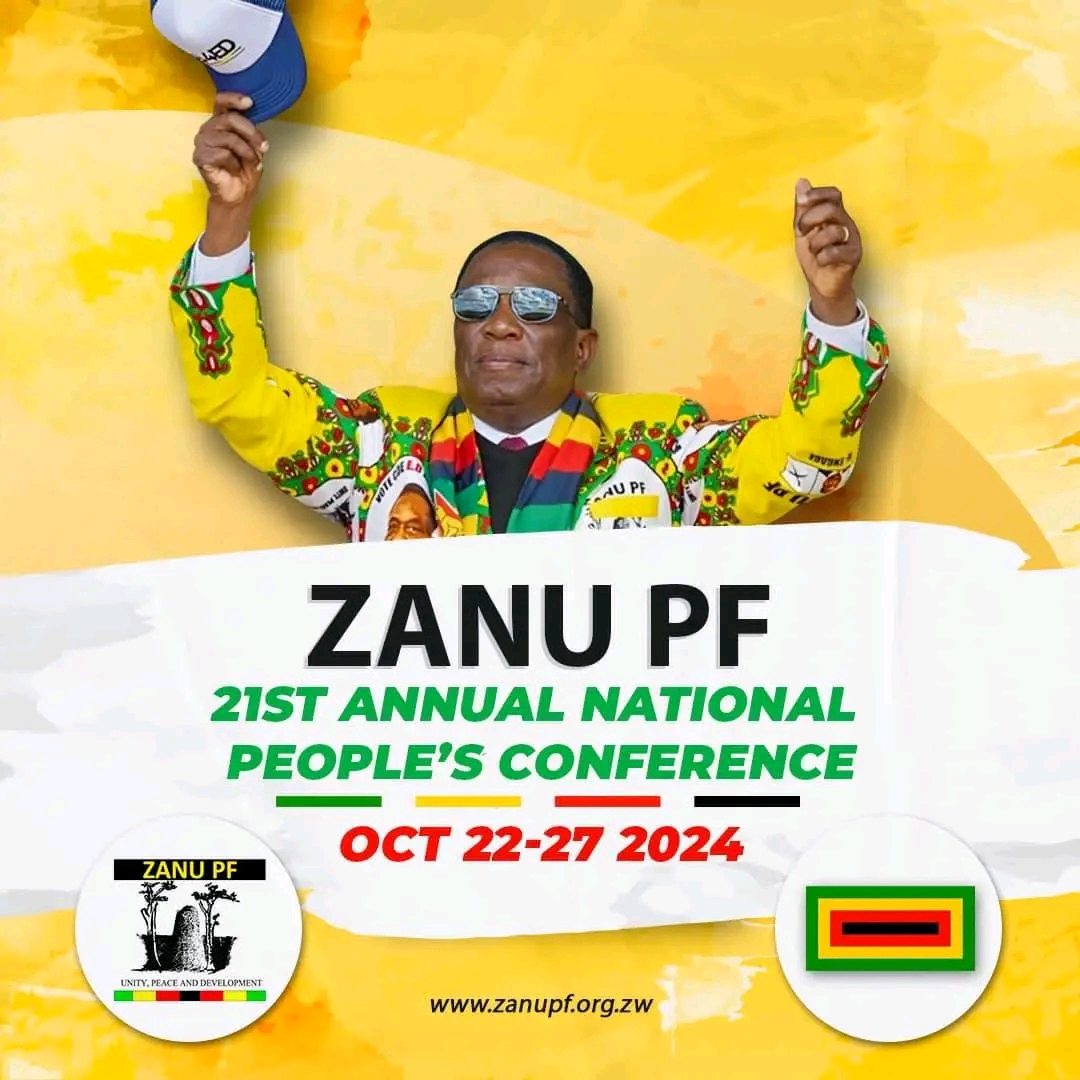
The ZANU-PF 21st Annual People’s Conference, scheduled for October 22-27, 2024, in Bulawayo, will coincide with the Southern African Development Community (SADC) Anti-Sanctions Day. This convergence reinforces the party’s strong stance against illegal sanctions, aligning with this year’s theme, “Embracing Innovation towards Vision 2030: The Relentless Fight against Illegal Sanctions,” which echoes the 44th SADC Summit theme. President Mnangagwa will deliver both a National Address and a separate statement on Anti-Sanctions Day in his role as SADC Chairperson.
Several activities are planned to mark the SADC Anti-Sanctions Day, including a SADC Anti-Sanctions Solidarity Summit, which will feature a media indaba, roadshows, cultural and musical events, solidarity marches, and public awareness campaigns. Additionally, an innovation exhibition will showcase projects from schools and tertiary institutions, while panel discussions and workshops will foster dialogue on critical issues. A documentary highlighting the impact of sanctions and the ongoing fight against them will also be presented.
These events reflect the collective resolve of SADC member states to condemn the sanctions imposed on Zimbabwe, which not only affect the nation but the entire region. Despite claims that the sanctions are targeted, the reality is that ordinary Zimbabweans bear the brunt of the economic restrictions. The call for the removal of sanctions remains urgent, as the Zimbabwe Democracy and Economic Recovery Act (ZIDERA) continues to enforce these economic measures.
Zimbabwe’s Government has demonstrated remarkable resilience in mitigating the effects of sanctions. A key strategy has been the diversification of trade partners, forging strong relationships with countries like China, Russia, and other SADC nations. This shift has lessened dependence on Western markets, ensuring continued access to essential goods and services.
Innovative economic initiatives have also played a pivotal role. The Government has promoted local production, self-sufficiency, and entrepreneurship through the Transitional Stabilisation Programme (TSP) and the National Development Strategy 1 (NDS1). Programs such as Pfumvudza/Intwasa and the Winter Wheat initiative have boosted agricultural production, ensuring food security and reducing reliance on imports.
Infrastructure development has continued unabated, despite sanctions, with investments in road construction, energy generation, and telecommunications expansion. These efforts have not only improved the business environment but also enhanced the quality of life for Zimbabwean citizens.
Regional and international cooperation has been another critical component of Zimbabwe’s strategy. The Government has actively engaged with SADC and the African Union to garner support and solidarity, countering the effects of sanctions and facilitating access to essential resources. By employing a multifaceted approach, Zimbabwe has showcased its resilience, continuing to pursue economic growth and development despite the challenges posed by the illegal sanctions.




